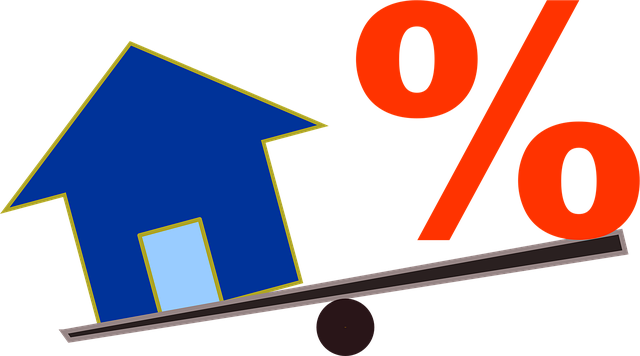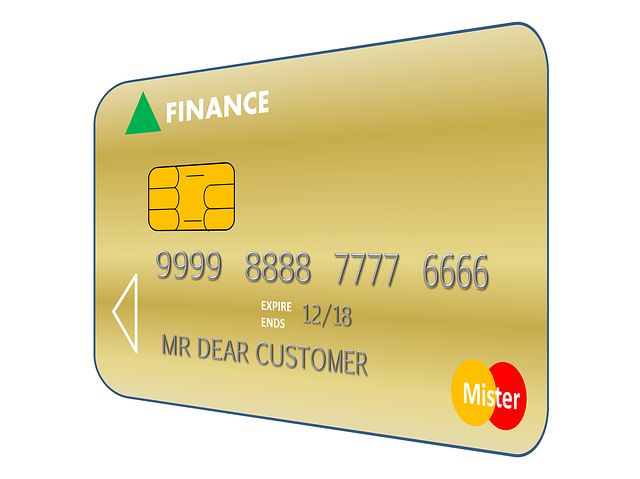Debt consolidation loans for individuals with bad credit combine multiple high-interest debts into a single loan with lower rates and manageable monthly payments, simplifying financial burdens. To choose the right lender, compare loan terms, interest rates, fees, and repayment options. Understanding monthly payment options and loan terms is key; various plans cater to different financial situations. Improving credit score through timely repayments is crucial while using online calculators and comparing rates ensures informed decisions. Distinguish between debt consolidation and other types of debt for tailored solutions.
Struggling with debt and poor credit? Discover how debt consolidation programs can offer a lifeline. This comprehensive guide explores effective strategies for individuals seeking relief from overwhelming debts, even with less-than-perfect credit. We break down the intricacies of bad credit debt consolidation loans, focusing on key aspects like monthly payment options and terms. Learn practical tips to improve your credit score during consolidation, empowering you to take control of your financial future.
- Understanding Debt Consolidation Loans for Bad Credit
- Exploring Suitable Debt Consolidation Programs
- Evaluating Monthly Payment Options and Terms
- Strategies to Improve Credit Score During Consolidation
Understanding Debt Consolidation Loans for Bad Credit

Debt consolidation loans for individuals with bad credit are designed to simplify financial burdens and offer a viable path to debt relief. Unlike traditional personal loans, these specialized financing options allow borrowers to combine multiple high-interest debts into a single loan with a potentially lower interest rate and more manageable monthly payments. This strategic approach can significantly reduce the stress of making numerous payments each month, providing a clearer budget and improved cash flow.
For individuals grappling with bad credit, securing such loans may seem challenging, but it’s not impossible. Lenders offering debt consolidation programs often consider factors beyond credit scores, focusing on overall financial health and the ability to make consistent monthly payments. Consolidating student loans along with other high-interest debts can lead to long-term debt management and even faster repayment, ultimately helping borrowers regain control over their finances.
Exploring Suitable Debt Consolidation Programs

Exploring Suitable Debt Consolidation Programs
When it comes to finding debt consolidation programs that work for people with bad credit, the first step is to understand your options and choose the right debt consolidation lender. Debt consolidation loans can help streamline multiple high-interest debts into a single, more manageable payment with a lower interest rate. The key is to find a lender who offers flexible terms tailored to your financial situation, including reasonable monthly payments that align with your budget.
To ensure you select the best debt consolidation company, carefully consider factors such as the loan term, interest rates, fees, and repayment options. Additionally, checking reviews and comparing multiple offers can provide valuable insights into how to choose a debt consolidation company that truly supports your financial goals. Remember, a reputable lender will work with you to find a solution that suits your needs without adding unnecessary stress or hidden costs.
Evaluating Monthly Payment Options and Terms

When evaluating debt consolidation programs, understanding the monthly payment options and terms is crucial. Debt consolidation loans are designed to simplify your repayment process by combining multiple debts into a single loan with a lower interest rate. Lenders typically offer various repayment plans, from short-term loans with higher monthly payments to long-term options that spread out the cost over many years. The right choice depends on your financial situation and goals.
Comparing debt consolidation loans rates is essential for saving money. Interest rates can vary significantly between lenders, so it’s beneficial to shop around. Low income debt consolidation loan options exist, but they might come with higher interest rates or stricter eligibility criteria. Thoroughly reviewing the terms, including interest rates, fees, and repayment deadlines, will help you make an informed decision that aligns with your budget.
Strategies to Improve Credit Score During Consolidation

While looking for debt consolidation programs, individuals with bad credit should adopt strategies to improve their credit score alongside. One effective approach is to make timely debt consolidation loans monthly payments. Consistency in repayments can significantly enhance creditworthiness over time. Additionally, using a debt consolidation calculator online to manage and budget debts effectively can be beneficial.
Comparing debt consolidation loans rates from various lenders allows borrowers to select the most suitable option with favorable terms. This process not only reduces interest expenses but also demonstrates responsible financial management, further bolstering credit scores. Moreover, understanding the differences between debt consolidation vs credit card debt is crucial; consolidating credit card debts can be a strategic move towards better financial health, whereas other types of debt might require different approaches to address their unique challenges.
Debt consolidation can be a powerful tool for individuals with bad credit to regain control of their finances. By exploring suitable programs and understanding the key factors, like monthly payment options and terms, you can find a solution that aligns with your needs. Additionally, implementing strategies to improve your credit score during consolidation will further enhance your financial well-being in the long run. Remember, with diligence and informed decisions, managing debt effectively is achievable.
